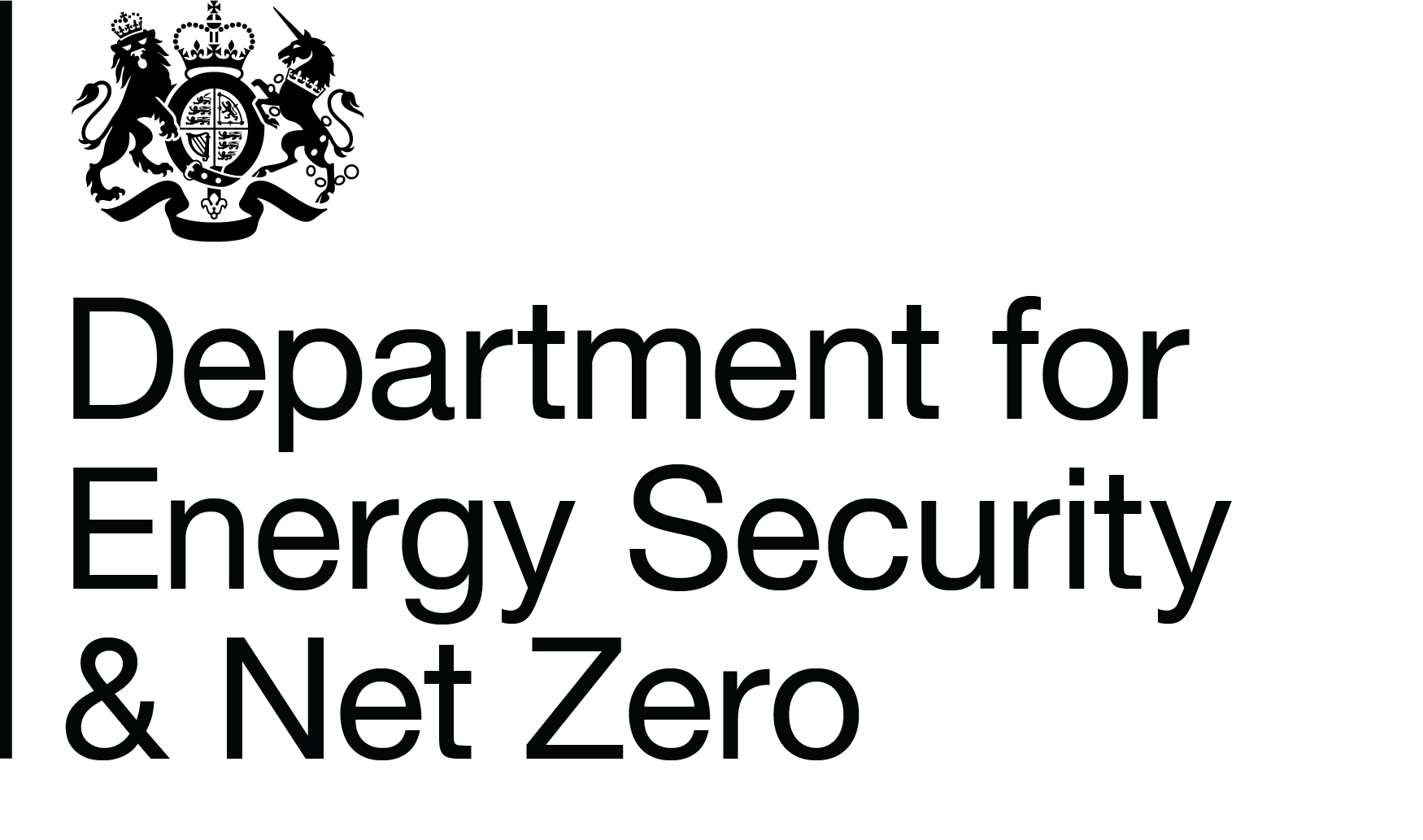Exemptions from the requirement to hold a carbon dioxide transport and storage licence: call for evidence
Overview
The Energy Bill (2022) establishes a prohibition on providing a service of transporting carbon dioxide by pipeline and operating a geological storage site, without a transport and storage economic licence under Part 1, Clause 2 of the Bill.
To ensure that the prohibition applied to operating a CO₂ transport and storage network without a licence doesn’t impact activities which are not considered necessary or appropriate to economically regulate, Part 1, Clause 5 of the Bill allows the Secretary of State to make regulations to grant exemptions from this prohibition.
This Call for Evidence will inform our policy and proposals relating to regulations on exemptions to be granted from the requirement to hold a carbon dioxide transport and storage licence. This will support the policy development of an effective transport and storage licence exemption regime to ensure it:
- is fit for purpose in this emerging landscape
- protects user and consumers’ interests
- promotes the efficient and economic development and operation of transport and storage networks
Why your views matter
We will use the evidence from this call-out to inform our proposals for an effective exemptions regime.
Your response will help us gain a fuller and better picture of how the exemptions regime may operate, and how it will interact with changes and developments in the CCUS market.
Read the call for evidence document on GOV.UK.
Audiences
- Bioscience
- Biotechnology companies
- Business journalists
- Businesses
- Central government
- Charities
- Charities and Third Sector organisations
- Charity or social enterprise
- Civil Society Organisations
- Coal
- Construction
- Consumer law specialists
- Consumer organisations
- Consumers
- Consumers
- Employment advisers
- Employment lawyers
- Energy assesor
- Finance
- Freelance researchers
- General public
- HE Journalists and press
- HE representative bodies
- Higher Education institutions
- Individual
- Individual employees
- Innovation community
- Installer
- Investment
- Large businesses (over 250 staff)
- Learned Societies
- Legal representative
- Local government
- Low carbon technologies
- Manufacturing
- Medium business (50 to 250 staff)
- Micro business (up to 9 staff)
- Multinational businesses
- National Academies
- Non-departmental public bodies
- Non-Government Organisations
- Nuclear
- Oil and Gas
- Regulator
- Research Councils
- Research Funders
- Researchers
- Science journalists
- Science Policy organisations and thinktanks
- Scientists
- Small business (10 to 49 staff)
- SMEs (small and medium businesses)
- Students
- Technology (R&D)
- The Devolved Administrations
- Thinktanks
- Trade bodies
- Trade union or staff association
- Universities
- Universities
- University associations
- University staff
- Wave and tidal
- Wind
Interests
- Business investment
- Carbon budgets
- Carbon capture and storage
- Carbon markets
- Carbon neutrality
- Carbon offsetting
- Climate change
- Coal
- Coal
- Economic growth
- Electricity
- Electricity
- Emissions
- Energy and climate change
- Energy and climate change
- Energy efficiency
- Energy efficiency
- Growth
- Industrial strategy
- Innovation
- International
- International
- Investment
- Nuclear
- Nuclear
- Oil and Gas
- Oil and gas
- R&D
- Regulation
- Regulation and red tape
- Renewable energy
- Renewable energy
- Research
- Science (STEM) skills
- Science and society
- Science funding
- Security and resilience

Share
Share on Twitter Share on Facebook